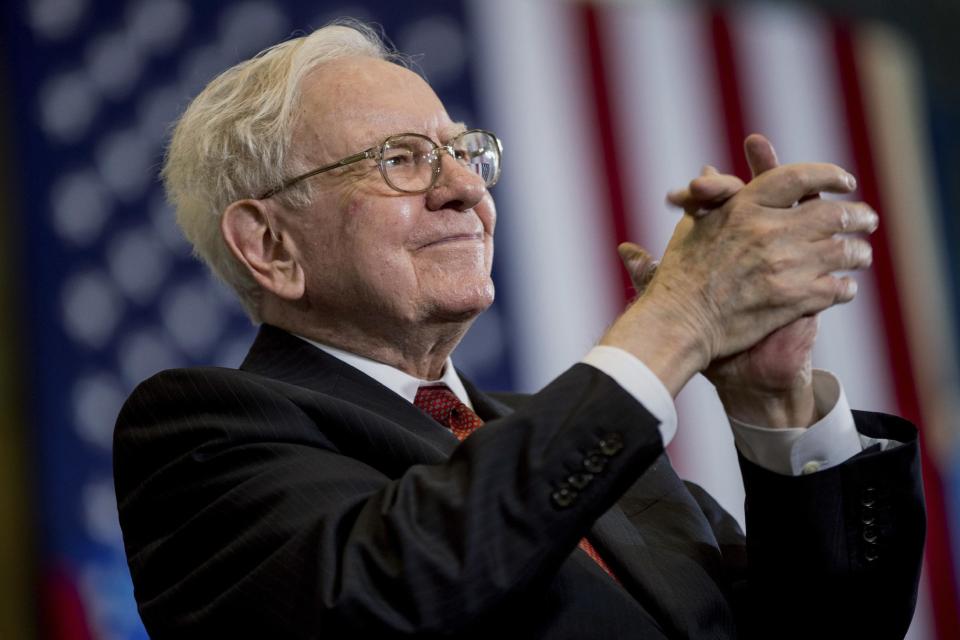Jamie Dimon supports an earned income tax credit for low-skilled, low-paid workers
In his annual letter to shareholders, JPMorgan Chase (JPM) CEO Jamie Dimon emphasized the need to start “investing in our people” and help lower-skilled workers earn a living wage.
To do this, he supports the Earned Income Tax Credit (EITC), which supplements low-paid workers’ incomes. For example, a single mother with two children earning $9 per hour ($20,000 per year) could get a tax credit of more than $5,000 at the end of the year.
As Dimon explained, while the program has flaws, it has brought about 9 million people above the poverty line. (For a four-person household, the income at the poverty level stands at $24,600 a year or approximately $11 an hour).
Stagnating income and limited job prospects have disproportionately affected lower-income and lower-skilled Americans, leading inequality to rise. This is reflected in the chart below from the Harvard Business School US Competitiveness Study conducted last year.

Dimon pointed out that over 20 million American workers earn between $7.25 an hour (the current federal minimum wage) and $10.10 an hour. And over 40% of American workers make less than $15 per hour.
“I believe we should dramatically expand the EITC to help more low-paid individuals with and without children, earn a living wage,” Dimon wrote in the letter.
The reason? To incentivize people to get back into the workforce.
“I have no doubt this will entice more workers back into the workforce. Jobs bring dignity,” he wrote. “Studies show once people start working, they continue working.” In addition, he highlighted that living wages lead to less crime, more household formation and better social outcomes.
Warren Buffett has also expressed support for the EITC, particularly as an alternative to raising the minimum wage, which has received increased attention as more and more cities across the US roll out higher minimum wage laws.

In an op-ed for the Wall Street Journal in 2015, Buffett explained why the EITC was better than raising the minimum wage, as the latter would distort our market system.
“I may wish to have all jobs pay at least $15 an hour,” Buffett wrote. “But that minimum would almost certainly reduce employment in a major way, crushing many workers possessing only basic skills.”
Both Buffett and Dimon believe the plan needs improvement—including reducing fraud, shifting payments to monthly installments from annual, and increasing dollar amounts for those earning the least—but it is the preferred method for bringing low-income earners above the poverty line.
“The EITC rewards work and provides an incentive for workers to improve their skills,” Buffett said. “Equally important, it does not distort market forces, thereby maximizing employment.”
Nicole Sinclair is markets correspondent for Yahoo Finance.
Read more:
Why the next crisis could be worse for everyone else but the banks
DIMON: America’s high corporate tax rate is doing ‘considerable damage’
Jamie Dimon’s 9 reasons why the US is truly exceptional
Jamie Dimon’s new letter says America is great, but regulation is holding us back
DIMON: It’s clear that something is wrong with the U.S. economy
Jamie Dimon thinks America’s ‘secret sauce’ is at risk
Dimon explains what would happen if Lehman Brothers failed today
Jamie Dimon supports an earned income tax credit for low-skilled, low-paid workers
DIMON: 11 ways America is holding itself back

